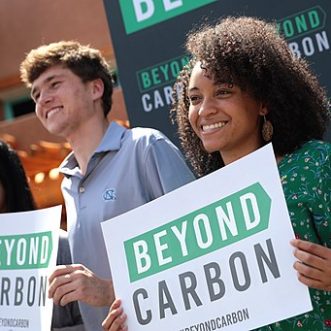
Selling
Many of us hate the idea of selling. Our stereotype of a salesperson is someone who is pushy, manipulative, only interested in us for the duration of the transaction, and only motivated by their commission. Naturally, we shy away from the idea of being like that.
The answer is to forget selling, and focus on the person who you wish to serve.
The final step in sharing your Promise is to enroll your prospect on the journey they want to take with you. Unlike a sale, enrollment offers the possibility of duration, of being the start of a relationship, of learning from each other, of creating a bond that lasts longer than the work you do together.
Your job in this step is to make absolutely sure that you understand what your prospect wants and needs, to show how traveling with you will get them there; how you mitigate the risk for them, and how that is worth the investment you’re asking them to make. And if you’ve been able to do that, to make the sign-up process as smooth as possible.
Then the hard part starts. Keeping your Promise.








